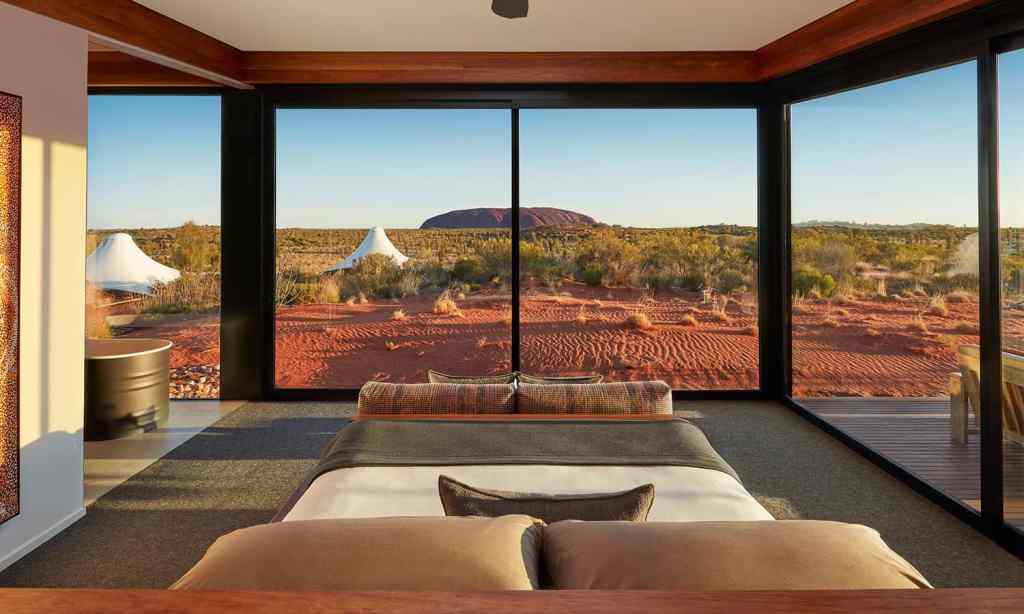With everything that’s gone down in 2020, and with the COVID-19 pandemic continuing, the future of travel is looking a little different to how we may have previously expected.
Long European summers are swapped for road trips around Australia, sporadic weekend trips to Bali are replaced by weekends away in the country, and long-haul flights are traded in for flights to nowhere.
But while the future of travel remains somewhat uncertain until borders open and a vaccine is distributed, there’s still plenty to look forward to.
This week, Vacaay release its Future of Travel Report for 2021. Looking at data from over 150,000 users, the travel group has been able to identify four key travel trends set to dominate in the year ahead.
Here, we unpack each of them.
Slow Travel
It’s not a new concept, but slow travel is set to be rebooted in 2021. “Before COVID-19,
travellers binged on whirlwind tours visiting 10 countries in as many days, fuelled by the need to see as much as possible. In 2021, we’re all taking a deep breath and slowing down,” Vacaay says in its report.
The notion of slow travel means visiting fewer destinations, taking the long route (driving or catching the train over flying), and spending more time in a city or town. “This more immersive approach allows travellers to really get to understand a place and its residents, and notice the daily rituals and culture that more frenzied travellers miss.”
Furthermore, since slow travel prioritises fewer plane trips and covers less distance, the trend is markedly better for the environment as fewer emissions are produced.
Offline Travel
In 2021, it seems we’ll be switching off our devices and prioritising off-grid escapes that offer some much-needed peace and quiet.
“We’ve been plugged into our computers and devices by necessity, forced to interact with friends through online conferencing, participate in virtual events or scroll through seemingly endless bad news,” says Vacaay.
“In 2021 we’ll be putting the devices away and exploring the world’s majestic national parks, which offer the opportunity to socially distance ourselves from the crowds and disconnect.”
The new data shows the appetite for offline escapes is in line with 95% of users who said they’d rather head off on a road trip in the outdoors, rather than visit a city.
Restorative Travel
Following the turbulence of 2020, with a seemingly endless stream of high-stress events, many of us are now looking to feel comforted and taken care of on our next holidays. Restorative travel refers to holiday experiences that leave us feeling refreshed and restored, and according to Vacaay, will have a focus on calming, healing and wellness activities.
“Restorative travel will take the form of all-inclusive holiday packages, where everything from transfers to meals are taken care of, and incorporating traditional forms of wellness such as meditation retreats and spas. It will also include new forms of therapy, such as ‘forest bathing’, as travellers seek solitude and calm.”
Splurge Travel
“A pent up demand for travel, combined with households expected to have reserves of disposable income as a result of government-enforced lockdowns, means travellers will be splashing out for a little bit of extra luxury in 2021,” Vacaay says.
In 2021, travellers will be looking to treat themselves with high-end staycations, all-inclusive packages, and bucket-list holidays that stretch the budget. It’s the least we could do for ourselves after a trying year.
Read more stories from TheLatch— and follow us on Facebook.

